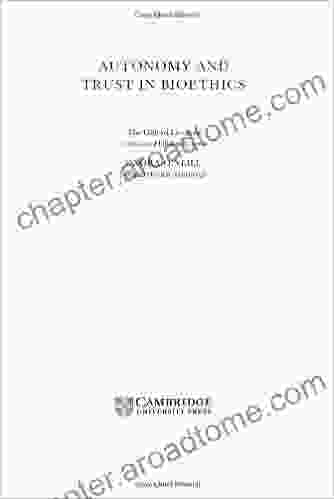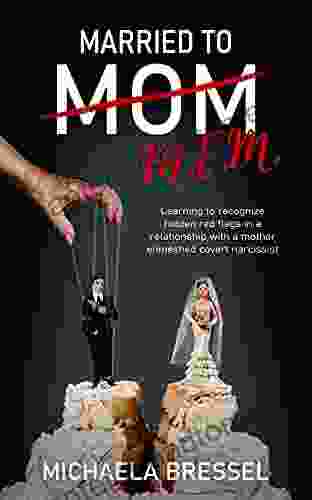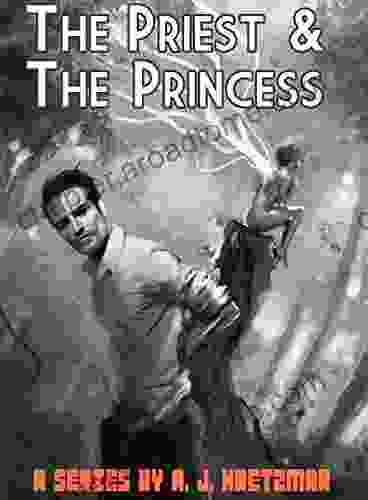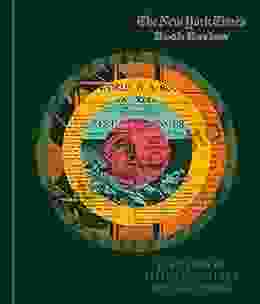Autonomy and Trust in Bioethics: Insights from the Gifford Lectures 2001

In the realm of bioethics, the principles of autonomy and trust stand as cornerstones of ethical decision-making. The Gifford Lectures 2001, delivered by renowned bioethicists Tom L. Beauchamp and Ezekiel J. Emanuel, provide a profound exploration of these concepts, illuminating their significance in shaping ethical practices in healthcare and biomedical research.
4.7 out of 5
| Language | : | English |
| File size | : | 2219 KB |
| Text-to-Speech | : | Enabled |
| Print length | : | 228 pages |
| Lending | : | Enabled |
Autonomy: Respecting Individual Values and Decisions
Autonomy, as Beauchamp and Emanuel elucidate, refers to the right of individuals to make decisions about their own lives and bodies, free from external coercion or undue influence. This principle rests on the belief that individuals possess the inherent capacity for self-determination and should have the liberty to exercise their autonomy in matters that directly affect their well-being.
In healthcare settings, autonomy manifests itself in the concept of informed consent. Patients have the right to be fully informed about their medical conditions, treatment options, and potential risks and benefits before making decisions about their own care. This informed consent process ensures that patients are actively involved in their own healthcare and that their decisions are based on a clear understanding of the implications.
Trust: Building Bridges of Confidence and Transparency
Trust, on the other hand, is the bedrock upon which ethical relationships between patients and healthcare professionals are built. Emanuel and Emanuel emphasize the importance of trust in facilitating open and honest communication, fostering collaboration in decision-making, and promoting patient adherence to treatment plans.
Healthcare professionals have an ethical obligation to act in the best interests of their patients, maintain confidentiality, and provide truthful and complete information. By demonstrating trustworthiness, they engender patient trust, which is essential for effective healthcare delivery and the overall well-being of patients.
The Interplay of Autonomy and Trust: Striking a Delicate Balance
Beauchamp and Emanuel acknowledge that autonomy and trust are not always mutually exclusive concepts. In certain situations, respecting patient autonomy may require healthcare professionals to limit their disclosure of information or intervene in decision-making if they believe that the patient's choices could result in harm to themselves or others.
Striking the right balance between autonomy and trust is crucial. Healthcare professionals must strive to empower patients to make informed decisions while also ensuring that patients are protected from potential risks. This delicate balancing act requires careful ethical judgment and a deep understanding of the values and preferences of the patient.
Autonomy and Trust in Biomedical Research: Ethical Considerations
The principles of autonomy and trust also play a vital role in biomedical research. Emanuel and Emanuel discuss the importance of informed consent in research protocols, ensuring that participants fully understand the potential risks and benefits of their involvement and have the freedom to withdraw from the study at any time.
Researchers have an ethical obligation to protect the privacy of participants and to use their data responsibly. Trust is essential for maintaining the integrity of research and ensuring that participants feel confident in the ethical conduct of the study.
The Gifford Lectures 2001 offer a comprehensive and insightful examination of the principles of autonomy and trust in bioethics. Beauchamp and Emanuel provide a nuanced understanding of these concepts, exploring their ethical, philosophical, and practical implications in healthcare and biomedical research.
By embracing both autonomy and trust, we can foster ethical decision-making, promote patient-centered care, and advance biomedical research in a responsible and compassionate manner.
4.7 out of 5
| Language | : | English |
| File size | : | 2219 KB |
| Text-to-Speech | : | Enabled |
| Print length | : | 228 pages |
| Lending | : | Enabled |
Do you want to contribute by writing guest posts on this blog?
Please contact us and send us a resume of previous articles that you have written.
 Book
Book Novel
Novel Page
Page Chapter
Chapter Text
Text Story
Story Genre
Genre Reader
Reader Library
Library Paperback
Paperback E-book
E-book Magazine
Magazine Newspaper
Newspaper Paragraph
Paragraph Sentence
Sentence Bookmark
Bookmark Shelf
Shelf Glossary
Glossary Bibliography
Bibliography Foreword
Foreword Preface
Preface Synopsis
Synopsis Annotation
Annotation Footnote
Footnote Manuscript
Manuscript Scroll
Scroll Codex
Codex Tome
Tome Bestseller
Bestseller Classics
Classics Library card
Library card Narrative
Narrative Biography
Biography Autobiography
Autobiography Memoir
Memoir Reference
Reference Encyclopedia
Encyclopedia Rosalinda Alfaro Lefevre
Rosalinda Alfaro Lefevre Timothy Orwig
Timothy Orwig Michael J Dowling
Michael J Dowling Nicki Williams
Nicki Williams Neil M Wyatt
Neil M Wyatt Nancy Marchant
Nancy Marchant Rosanne Lurie
Rosanne Lurie Miriam L Kingsberg Kadia
Miriam L Kingsberg Kadia Psychotherapist Richard O Connor
Psychotherapist Richard O Connor Monona Rossol
Monona Rossol Michael Broers
Michael Broers Michael Frampton
Michael Frampton Nora Guthrie
Nora Guthrie Morgan Sinclair
Morgan Sinclair Monica A Coleman
Monica A Coleman Michael Thurmond
Michael Thurmond Thomas J Sugrue
Thomas J Sugrue Patricia Wells
Patricia Wells Shaun Ramsden
Shaun Ramsden Stephen Cooper
Stephen Cooper
Light bulbAdvertise smarter! Our strategic ad space ensures maximum exposure. Reserve your spot today!
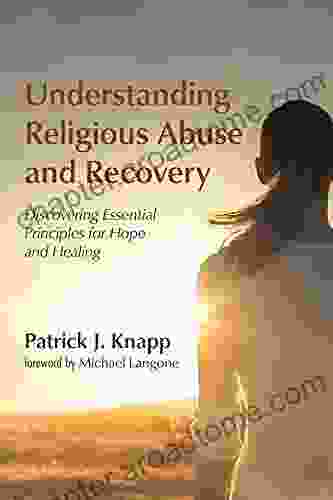
 Evan SimmonsEmbark on a Journey of Restoration: Discover Essential Principles for Hope...
Evan SimmonsEmbark on a Journey of Restoration: Discover Essential Principles for Hope... Mark TwainFollow ·6.7k
Mark TwainFollow ·6.7k Jacob HayesFollow ·8.4k
Jacob HayesFollow ·8.4k Levi PowellFollow ·3.4k
Levi PowellFollow ·3.4k Thomas PowellFollow ·14.8k
Thomas PowellFollow ·14.8k Eddie BellFollow ·14.3k
Eddie BellFollow ·14.3k Henry David ThoreauFollow ·4.8k
Henry David ThoreauFollow ·4.8k Ed CooperFollow ·9.5k
Ed CooperFollow ·9.5k Gustavo CoxFollow ·6.6k
Gustavo CoxFollow ·6.6k

 Samuel Beckett
Samuel BeckettPortrait of the Plague Doctor: A Chilling Tale of Fear...
Prologue: A...

 Elliott Carter
Elliott CarterTrends in Modeling and Simulation Studies in...
Unveiling the Convergence of...
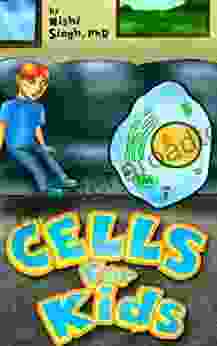
 Natsume Sōseki
Natsume SōsekiCells For Kids: Science For Children
Unlock the Microscopic...
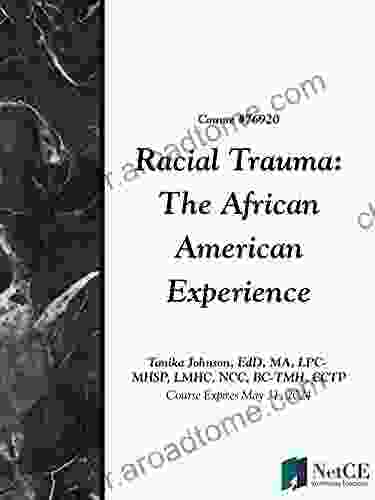
 Anthony Wells
Anthony WellsUnlock the Power of Understanding: Embrace the African...
Embark on a Journey of Truth,...
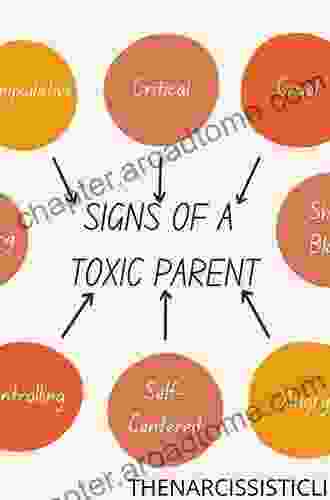
 Forrest Reed
Forrest ReedBreaking Free: Healing from Toxic Relationships Between...
Are you struggling...
4.7 out of 5
| Language | : | English |
| File size | : | 2219 KB |
| Text-to-Speech | : | Enabled |
| Print length | : | 228 pages |
| Lending | : | Enabled |


